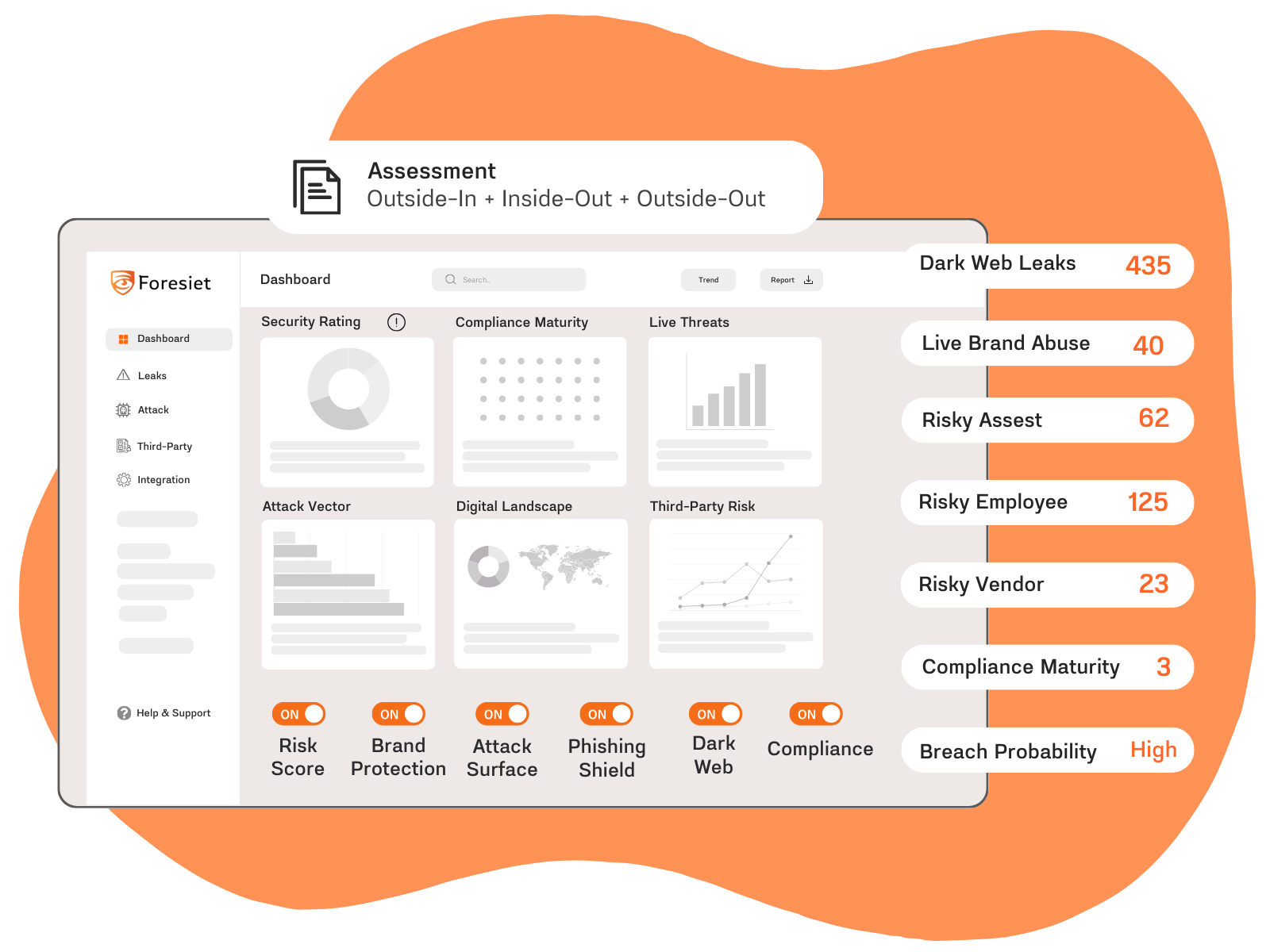Quad7 Botnet Expands Attack Surface: Targeting SOHO Routers and VPN Appliances with Advanced Tactics

The mysterious Quad7 botnet, also known as 7777, has expanded its operations to compromise a variety of small office and home office (SOHO) routers and VPN appliances. Leveraging both known and unknown security flaws, this botnet is targeting devices from popular brands like TP-Link, Zyxel, Asus, Axentra, D-Link, and NETGEAR, according to recent findings from the French cybersecurity company, Sekoia.
A Growing Threat in Cybersecurity
First documented in October 2023 by an independent researcher, Quad7 has been a rapidly evolving cyber threat. Initially, it focused on hijacking TP-Link routers and Dahua digital video recorders (DVRs) into a botnet, exploiting security vulnerabilities to gain unauthorized access. Since then, it has expanded its reach to include additional devices and broaden its attack methodology.
Evolving Toolset and Tactics
Recent research shows that the Quad7 botnet operators are upgrading their toolset, implementing new backdoors and exploring additional protocols. These advancements enhance the botnet's stealth capabilities, making it harder to detect and track. One such backdoor, known as UPDTAE, enables attackers to establish an HTTP-based reverse shell, giving them remote control over infected devices. This allows malicious actors to execute commands remotely from a command-and-control (C2) server.
Quad7 gets its name from its behavior of opening TCP port 7777 on compromised systems. Over time, it has evolved to target other devices like Zyxel NAS and GitLab instances, although these attacks are currently at a lower volume
.New Botnet Clusters Identified
The latest research reveals that Quad7 is composed of multiple botnet clusters, each targeting specific types of devices. These include:
- xlogin (7777 botnet): Targeting TP-Link routers with both TCP ports 7777 and 11288 opened.
- alogin (63256 botnet): Targeting ASUS routers with TCP ports 63256 and 63260 opened.
- rlogin: Compromising Ruckus Wireless devices with TCP port 63210 opened.
- axlogin: Designed to infect Axentra NAS devices, though this has not been observed in the wild.
- zylogin: A botnet focused on compromising Zyxel VPN appliances using TCP port 3256.
The infection spread has been observed in countries like Bulgaria, the U.S., and Ukraine, with Bulgaria experiencing the highest number of compromised devices.
Potential State-Sponsored Actors Behind Quad7
Though the true motivation behind Quad7's activities remains unclear, cybersecurity researchers speculate that the botnet may be linked to Chinese state-sponsored threat actors. This theory arises from the tactical sophistication observed in Quad7's operations. According to experts, while brute-force attacks on Microsoft 365 accounts have been seen in connection with this botnet, it is still uncertain how the other compromised systems are being utilized. The increasing use of new malware in combination with sophisticated techniques suggests an effort to evade tracking and detection, a hallmark of advanced persistent threats (APT).
Conclusion: A Call for Vigilance
The expansion of the Quad7 botnet represents a growing challenge for cybersecurity professionals. The increasing sophistication of its operators, combined with its ability to compromise a wide range of devices, underscores the importance of robust defense mechanisms. Organizations must remain vigilant by conducting regular security assessments, ensuring that routers and VPN appliances are regularly patched, and leveraging advanced cybersecurity tools such as digital footprint analysis and darknet monitoring services to identify and mitigate potential threats.
For cybersecurity teams, early detection of these threats through tools like brand impersonation defense and online risk evaluation can be crucial in protecting both individual users and corporate networks. The rise of Quad7 serves as a reminder of the evolving landscape of cyber threats and the need for continued adaptation in defense
About Foresiet!
Foresiet is the pioneering force in digital security solutions, offering the first integrated Digital Risk Protection SaaS platform. With 24x7x365 dark web monitoring and proactive threat intelligence, Foresiet safeguards against data breaches and intellectual property theft. Our robust suite includes brand protection, takedown services, and supply chain assessment, enhancing your organization's defense mechanisms. Attack surface management is a key component of our approach, ensuring comprehensive protection across all vulnerable points. Compliance is assured through adherence to ISO27001, NIST, GDPR, PCI, SOX, HIPAA, SAMA, CITC, and Third Party regulations. Additionally, our advanced antiphishing shield provides unparalleled protection against malicious emails. Trust Foresiet to empower your organization to navigate the digital landscape securely and confidently.
Protect your brand, reputation, data, and systems with Foresiet's Integrated Digital Risk Platform. 24/7/365 threat monitoring for total peace of mind.


